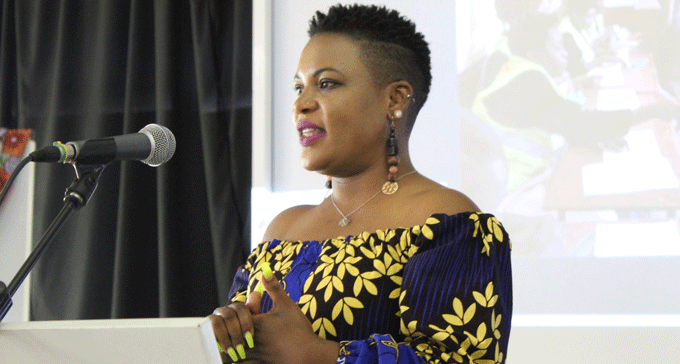
BY OBERT SIAMILANDU Zimbabwean women have bemoaned the slow progress in ensuring that they occupy parliamentary and local authority seats, as well as leading positions in politics and other sectors.
This came up during a Transformative Feminist Leadership Solidarity Indaba in Kariba on Thursday where it was disclosed that women occupy less than 35% parliamentary seats, while males occupy 65%, leaving a huge gender gap.
The meeting was organised by the Women’s Academy for Leadership and Transformative Leadership (Walpe) for female politicians under the theme Primary Elections, Make or Break for Women Representation in 2023 elections.
Walpe executive director Sitabile Dewa said societal attitudes towards female candidates were still largely characterised by deeply ingrained stereotypes, and male political opponents use this to question women’s capabilities.
“While women have maintained their position as the majority of members of political parties, the majority of voters and citizens in general are women, but they are not appointed into leadership positions,” Dewa said.
“When we talk about women’s political participation, it is easy for us to imagine the empty seats around the decision-making table, and a little more difficult to picture the many obstacles and challenges women face to get into those seats.
‘“There is a growing recognition that women are marginalised from political and public life. In the past few years, we have seen this play out in high profile elections,” she said.
Zanu PF district coordinating committee women affairs chairperson for Zvimba, Zandile Maseko said the quota system should not just be on paper, but must benefit women.
- Chamisa under fire over US$120K donation
- Mavhunga puts DeMbare into Chibuku quarterfinals
- Pension funds bet on Cabora Bassa oilfields
- Councils defy govt fire tender directive
Keep Reading
“We also want some constituencies that will specifically be contested by women candidates only,” she said.
Citizen Coalition for Change organising secretary for Zengeza West constituency, Agatha Mujati denounced violence against women candidates saying it deters them from participating in politics.
“My journey as a woman has not been easy. I was not sexually harassed as others might think, but during the March by-elections, I was assaulted. I am a survivor of political violence.
“Tackling those barriers takes effort on the part of society; including government, civil society, the media, academia, the private sector, youth and even men,” Mujati said.
Women constitute the majority of Zimbabwe’s population, but occupy less than 15% of all leadership positions.










